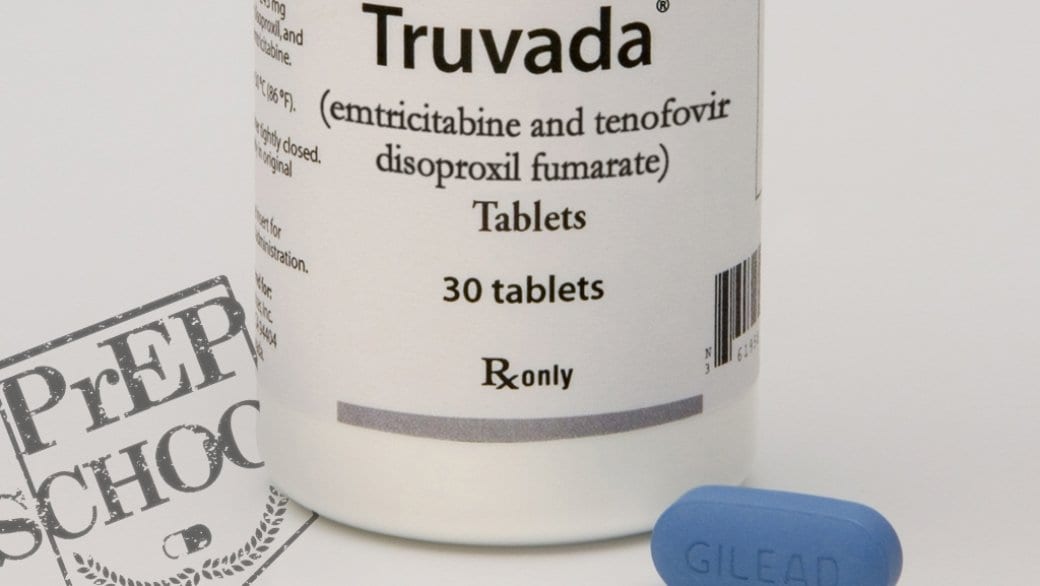As PrEP-positive as I may be, I still sometimes find myself conflicted about the drug — and that’s okay. The HIV/AIDS crisis happened during my lifetime, so it’s difficult for me not to think critically about this new innovation. In doing so, and in recognizing its strengths and weaknesses, I’ve developed my own informed opinion about how powerful the drug is, its potential and the challenges we face to get it out to those that need it most.
HIV is still very much a problem, which makes Truvada a significant medical breakthrough. Over 26,000 Canadians who were living with HIV have died since the beginning of the epidemic. In 2014 alone, an estimated 2,570 Canadians became infected with HIV, and an estimated 16,020 people living with HIV remain undiagnosed. We now have a tool to reduce these numbers — we should be fighting to get this done, but many are apathetic.
To set the record straight: Truvada works. A recent study at Kaiser Permanente San Francisco Medical Center was conducted with 600 high-risk subjects, primarily men who have sex with men. All of the participants remained free of HIV during the 2.5 years of observation, and we’ve only just now heard of one man — again, only one man — who has seroconverted while on PrEP. With full adherence, Truvada is exceptionally effective in the prevention of HIV, and anyone who says otherwise is plain ignorant. Their doubts become noise in this serious discussion we need to have, which will benefit our community and reduce the infection rates.
A valid argument that we hear against Truvada is that it doesn’t protect against other sexually transmitted infections such as chlamydia and gonorrhea. Gonorrhea has become an urgent public health threat according to the American Centers for Disease Control, since we’re currently down to one last effective class of antibiotic for treatment. There’s also a concern in regards to syphilis, which has had a 15.1 percent increase of new infections in the US since 2013. However, syphilis is spread through skin-to-skin contact and cannot be tied to the use of Truvada, and I would argue that these things were already happening, PrEP or no PrEP.
In the US, Truvada is much more accessible with Gilead’s Truvada for PrEP Medical Assistance Program, which assists those who don’t have insurance. Unfortunately, this program hasn’t made its way to Canada, though Truvada was finally just approved for preventative measures here. Though Truvada can now be prescribed, it remains unaffordable for most unless you have a good drug plan that’ll cover the costs. As a result, the use of Truvada in Canada is much less common. Why are we so behind?
My guess is a lack of education as well as an unwillingness to understand. A thing we must recognize is that people are scared of the drug because of some behaviour associated with it, primarily bareback sex. There was a plague within our lifetime and people claim that their concern about barebacking on PrEP is not about HIV, but the other STIs mentioned before; there’s even a worry that a new virus just as lethal as HIV could hit our community the way it did in the ’80s and ’90s and will spread as a result of bareback sex. This is a valid worry, but the fact is, barebacking is nothing new. There are 50,000 new cases of HIV in the US per year, and that’s with advocated condom use. More needs to be done. PrEP could reduce these numbers greatly if we’d allow it. It may not be perfect but that’s no reason to discredit the huge amount of good that it does do.
David Duran coined the term “Truvada Whore” in his Huffington Post article titled “Truvada Whores?”, which criticised the uptick in bareback sex that resulted from the use of Truvada. The negativity in this article and others like it can be damaging, detracting from the effectiveness of the drug. Adam Zeboski reclaimed this disparaging term and printed it on T-shirts to raise awareness about the stigma, and sparked a new conversation on social media.
To have a constructive dialogue, it’s important to acknowledge the concerns people have that are based on our past, but we also must not ignore the facts about the current climate of sexual behavior. When something seems too good to be true, it’s difficult not to be reluctant — and we should encourage people to think critically about this drug. Education is crucial, but in order to educate we must first learn to talk to one another, calmly and respectfully. It’s a complicated debate, and that’s as it should be.
I intend to continue to look at both sides of this argument, calmly and with an open mind, putting my personal opinions aside, because it’s bigger than me. We need to get Truvada out to those that need it the most, and I believe open discourse is our only hope of doing this.
Next: Is generic PrEP right for me?>

 Why you can trust Xtra
Why you can trust Xtra


